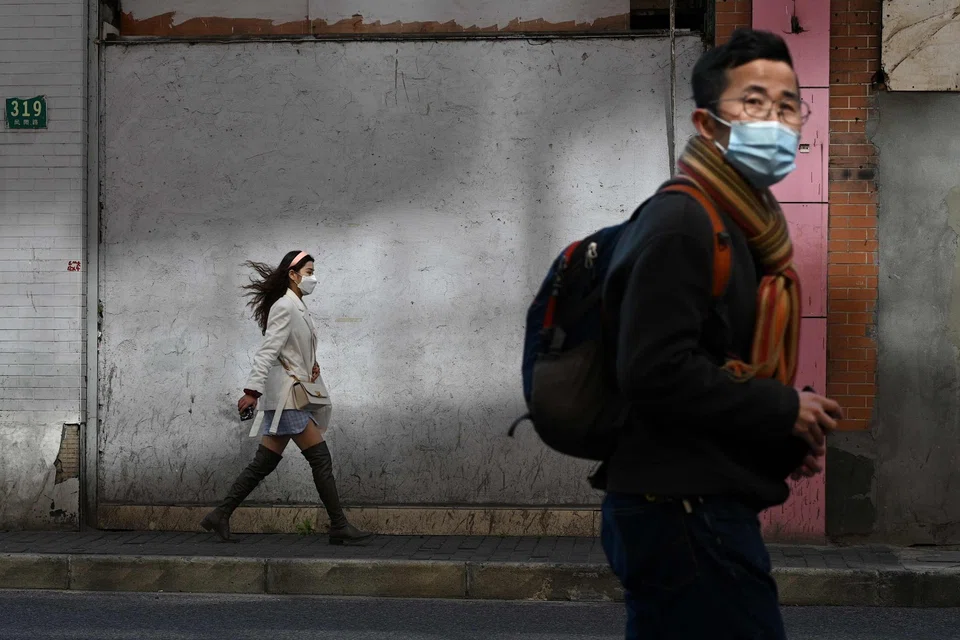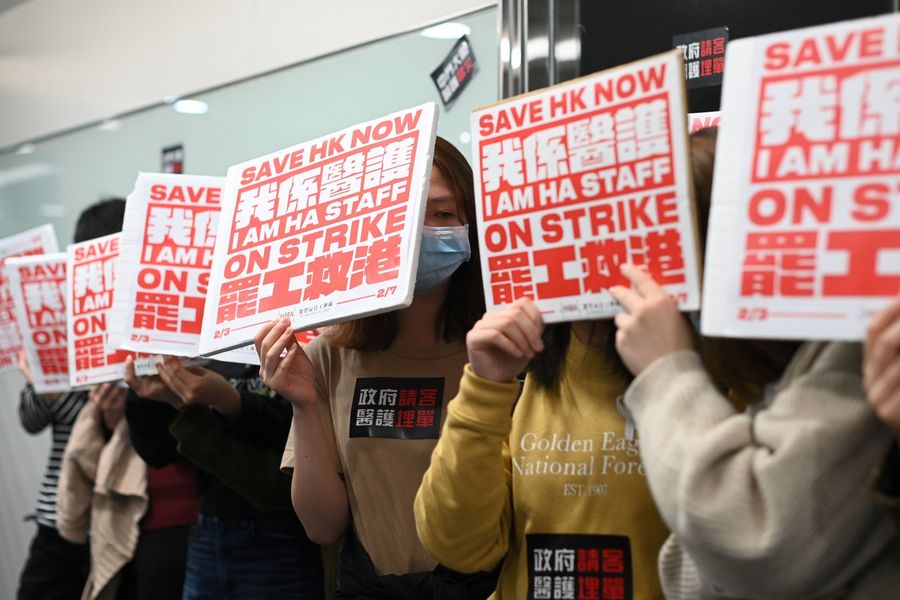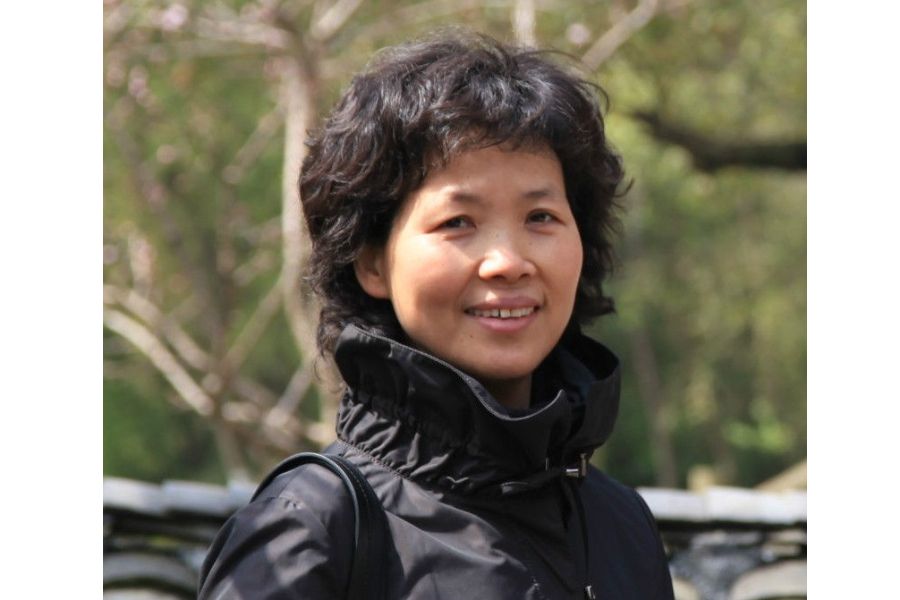Viruses, sinophobia and conspiracy theories

As the novel coronavirus (COVID-19) outbreak worsens, managing public opinion as well as international relations has become more complex, with numerous consequences unfolding like falling dominoes.
Particularly after the World Health Organisation declared the outbreak a Public Health Emergency of International Concern, many countries began to put in place restrictions on the entry of travellers with recent travel history to China. Across the world, reverberations rippled through countless minds, even giving rise to panic. A warning was sounded in the media at some point that the Chinese populace's fear for natives from Wuhan or Hubei might spark off a fear of Chinese people in general in the international community. This has, unfortunately, come true.
Rising sinophobia
Due to the continued spread of the disease, the rising number of the infected, and the fact that there is still much uncertainty about the novel coronavirus' potency, its mode of transmission as well as how the disease could be treated, there is panic on the global scene - panic that in turn translates into sinophobia. From Britain to France to the Netherlands, we are already seeing racist attacks on the local Chinese by people in the streets.

The reactions in the countries close to China are particularly severe. In places like South Korea and Japan, there have been online petitions for the respective governments to bar Chinese residents from entering. In Hong Kong, as the appeal to close all ports of entry to the mainlanders went unheeded by the SAR government, medical workers discontented with the impasse even chose to go on strike at a critical juncture of the viral outbreak. Waves of anti-Chinese animosity seem to be rippling across the world from the epicentre that is China. When news of such events is reported back in China through the country's media, it naturally triggers a backlash of nationalistic sentiments during this critical period, fueling the belief that the West harbours undying ill will against China.
Germ warfare?
Since the beginning of the COVID-19 outbreak, several Chinese commentators have spoken of the possibility of an unfolding biological warfare. According to certain reports, a group of Indian researchers found that the novel coronavirus had been inserted with a key amino acid sequence that came from the HIV virus - something which was "unlikely to be fortuitous in nature". A conspiracy theory grew out of this claim subsequently, and became a hot topic. Eventually, it came to light that the relevant research paper was never published anywhere. In fact, it had not even been peer-reviewed. Its conclusion was far from solid since, scientifically speaking, the evaluation of viral genes on the basis of selected amino acid expressions of partial genomes was technically highly dubious in itself. (At present, the paper in question is known to have been retracted by its writer.)
As it turns out, the pathogenic effects of the current COVID-19 virus are indeed linked to its binding with ACE2. This causes some to wonder if the chimeric virus from 2015 had been leaked.
Discredited or not, this bombshell was followed by another. It was uncovered recently that back in 2015, Shi Zhengli, an expert on coronaviruses from the Chinese Academy of Sciences' Wuhan Institute of Virology, and others had taken part in the synthesis of a novel coronavirus capable of infecting humans. The relevant study was published in Nature Medicine under the title "A SARS-like cluster of circulating bat coronaviruses shows potential for human emergence". According to this journal paper, the research team performed genetic engineering by using a SARS coronavirus backbone and the surface spike protein from a coronavirus carried by Chinese horseshoe bats. The result was a chimeric novel coronavirus created with viral gene recombination technology. Not only could this new virus bind with human angiotensin-converting enzyme II (ACE2) and thereby infect the cells of the human airway, all available treatments were powerless against it.

This raised some controversy in the academic circles at the time of publication. Many experts were concerned about conducting research on a new virus imprudently. They pointed out that any leak from the study could lead to unthinkable consequences. As it turns out, the pathogenic effects of the current COVID-19 virus are indeed linked to its binding with ACE2. This causes some to wonder if the chimeric virus from 2015 had been leaked. That the team Shi Zhengli worked with was American, only deepened some netizens' suspicion that the US has made use of the research data from back then to develop a biological weapon and set the current epidemic in motion.
If every Chinese citizen demonstrates a high level of civic-mindedness, this time of war against the epidemic could be a good opportunity for transforming China's image.
Ultimately, however, conspiracy theories can never stand up to scrutiny. Researchers have now compared the genetic sequences of the COVID-19 virus and that which Shi Zhengli worked on. The differences between the two are so great that the biological weapon theory basically cannot possibly be valid. Even so, not only will subscription to conspiracy theories persist, people will also continue to churn out such dubious ideas. The reason for this is precisely that which gives rise to the anti-Chinese discrimination seen in different parts of the world: fear due to so many unknowns surrounding the still undefeated virus. As things stand now, neither sinophobia nor conspiracy theories can bring about any positive result. Instead, they only serve to aggravate the general panic, drive the hearts of the people apart, and hinder international cooperation.
The people of China should consciously stay away from conspiracy theories, and recognise that the urgent tasks at hand are to strictly control the spread of the epidemic and restore the normal order of life and production as soon as possible. Meanwhile, we should cut down on non-essential international travel, and stagger the potential points of conflict with the international community. The Chinese government should also educate the citizens who do go abroad for work or study to take the initiative to go on two weeks of self-management upon arriving at their destinations, so as to alleviate the concerns of their schoolmates or co-workers in the new environments. If every Chinese citizen demonstrates a high level of civic-mindedness, this time of war against the epidemic could be a good opportunity for transforming China's image.
Note:
In the face of external doubts and criticisms, Shi Zhengli said on her WeChat on 2 February: "Covid-19 is Nature's punishment on Mankind for their uncivilised habits. I, Shi Zhengli, swear on my life that it has nothing to do with the laboratory. I urge those who believe and spread these rumours, and those who believe the Indian academics' unreliable and so-called "scholarly analysis" to shut their mouths."
Following which, Shi Zhengli said in an interview with Caixin published on 16 February that she did not want to discuss professional questions with non-professionals because "it can't be explained" and it was "of no use and a waste of my time". "What I can tell you is, our laboratory's experiments are legal," she said.
"Conspiracy theorists don't believe in science. I hope that the country's professional departments can come and investigate, and clear our names," Shi continued. She said, "What I say is unpersuasive. I can't control what others think and say."
